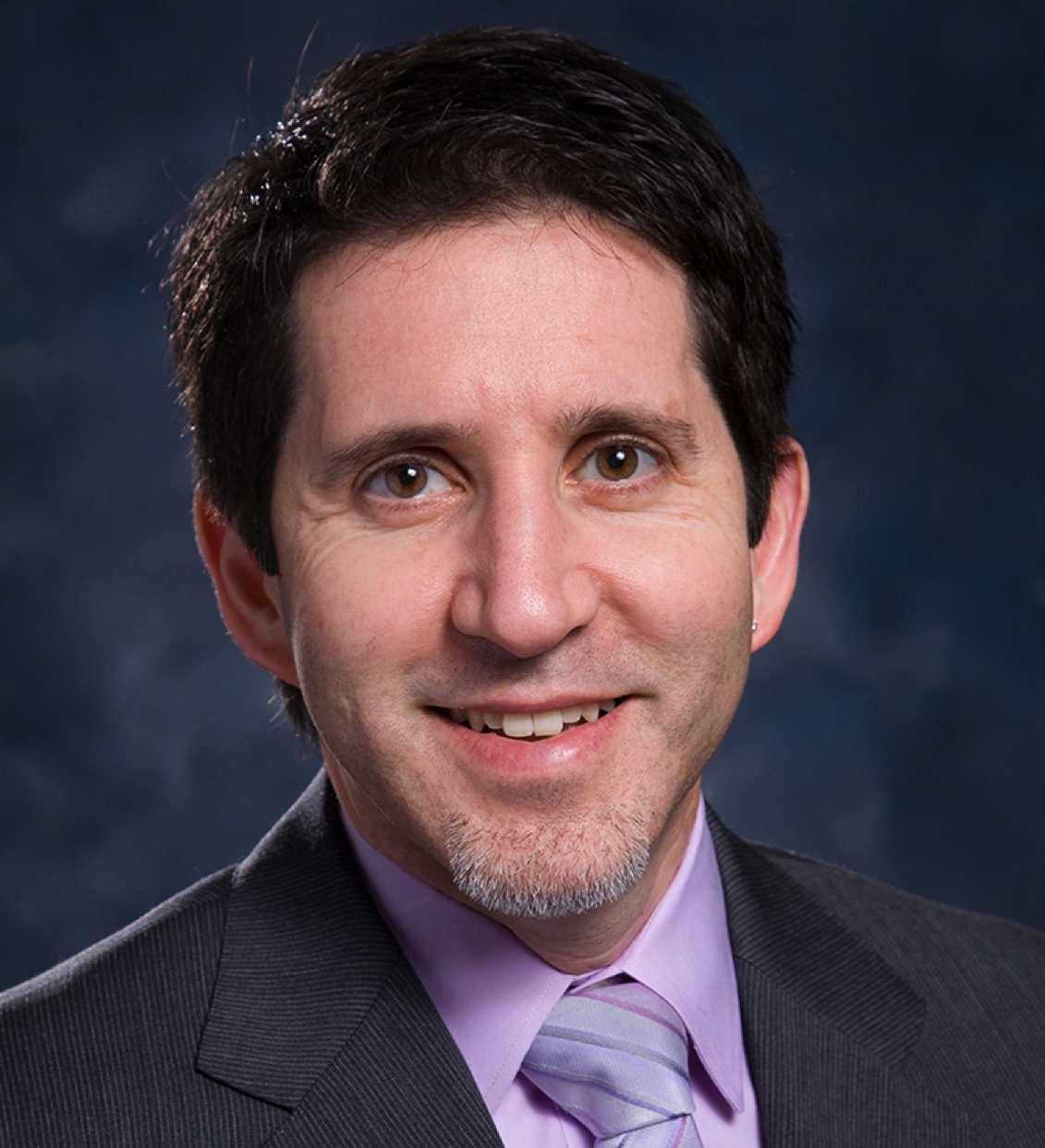By Dr. David Baron
The Daily Bruin ran a story on Thursday about the push for a new UCLA center to help patients who have kidney disease.
So what’s important about our kidneys and how can we keep them healthy?
First of all, what do you already know about kidneys? You have two. You can live with only one. You can donate one. You can receive one, though they’re always in short supply. They’re sort of located toward your back, one on the left and one on the right. They get stones, which hurt, a lot. You don’t want them. (Take it from someone that’s had them.) They can get infected. And most importantly, they make urine.
Here’s what you may not know. Your kidneys are simply amazing, incredibly complex filtration devices that meticulously manage your body fluid volume, electrolyte levels (i.e. sodium, potassium, chloride), process and remove certain drugs and metabolic waste products from your blood and make hormones that play a critical role in controlling blood pressure. In other words, they are very busy organs.
But as a medical residency professor once told me, the “primal scream of the kidneys is volume.”
In other words, your kidneys will always prioritize, above everything else they do, the maintenance of enough volume of fluid (mostly blood) to support levels of blood pressure strong enough to pump through your entire body, supplying your organs and tissues with oxygenated blood from the lungs.
Hence, when you are more dehydrated, your kidneys make urine that’s more concentrated (more colored, more intense smell) and when you are really well-hydrated, more dilute (clearer, odorless) and more of it. Ultimately, if you cross a line and get too dehydrated, your kidneys start to suffer and can become injured and, sometimes, damaged permanently such that they are able to make significantly less or even no urine. That’s called chronic kidney disease, and in its worst form, kidney failure. Once that happens, you’re waiting in line for a transplant and spending a minimum of three hours a day, three days a week hooked up to a dialysis machine to clean the toxins out of your blood and keep you alive.
There are plenty of other things besides dehydration that can hurt your kidneys: high blood pressure, diabetes (the most common cause of chronic kidney disease), smoking, and overuse of certain drugs that the kidney is responsible for metabolizing (like aspirin and ibuprofen).
But the thing you have the most control over is hydration. I’m not going to get into the never-ending argument of how many glasses of water you should drink every day. Let’s just say this: water is the healthiest, simplest thing you can drink. It’s not that drinking coffee, tea, juice or even soda won’t give you the water you need. They’re all mostly water anyway. Alcohol is a distinct exception, in that it causes a diuretic effect, i.e. you make a larger volume of urine than of whatever you drank. So it causes a net total body fluid loss. It’s just that water is what you need, what your kidneys need. In fact, your body is about 60 percent water by weight anyway.
So let’s raise a glass, of water, and toast to kidneys. They don’t ask much of you to stay healthy. Just drink up.
Dr. David Baron is the executive director of the Arthur Ashe Student Health and Wellness Center.
